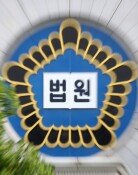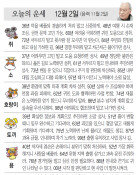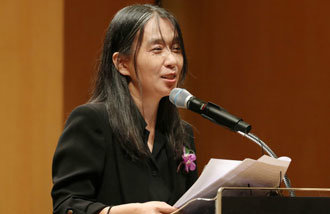How Europe deals with Russia
How Europe deals with Russia
Posted December. 02, 2024 08:14,
Updated December. 02, 2024 08:14
A 76-year-old senior French scholar whom this reporter recently met said, “I am afraid to witness a war that we have never seen before.” Born in 1948 after the Second World War, he did not know what it was like being in war, making it all the more horrible to experience a war beyond his imagination. Around the time when the interview was done, it was reported that North Korean troops were sent to Russian territory. European citizens seemed terrified of around 10,000 forces from the “distant” country even marching to the European continent because they were worried that Russia, obviously backed up by the North Korean military, would attack not only Ukraine but also nearby European nations. In a seminar on North Korean human rights organized by the South Korean Embassy in France and the French Institute of International Relations (IFRI) last Wednesday, experts reiterated that the North Korean regime makes trouble not only on the Korean peninsula but across the globe.
European governments also provide detailed guidelines to their citizens. The Swedish government, which joined NATO in February after following its centrist line for 200 years, has sent families a 32-page booklet on action guidelines for war and crisis since last month. Finland, which shares a 1,340-kilometer border with Russia, opened a website to help citizens prepare for various crises.
Although sending straightforward messages to citizens, European governments adopt a rather indirect and vague narrative not to rub Russia the wrong way. When Ukraine struck mainland Russia with the British-French Storm Shadow missiles for the first time on Nov. 20, the British government did not officially confirm the firings. With overseas media reporting the news, British Prime Minister Keir Starmer said that he would not mention the issue for the sake of the country’s tactics, adding that only Russian President Vladimir Putin would otherwise look like a winner.
Then, how is South Korea, which borders North Korea while currently in a truce, responding to the regime or Russia? South Korean President Yoon Suk Yeol brought up the possibility of providing Ukraine with deadly weapons less than a week after the National Intelligence Service confirmed the regime’s deployment of troops to Russia. In response, Russia got so enraged that it warned that the move would destroy the relations between the two countries.
By contrast, little effort seems to be made to help citizens and businesses get involved in collective preparedness. To be sure, there is no need to be overly anxious about war. However, the government needs to send clear guidelines to people internally and apply skillful diplomatic rhetoric externally, considering that the North Korea-Russia military partnership is posing a new geopolitical risk.
Headline News
- Companies race to build key connections with the Trump administration
- Trump's key figure advises against overinterpretation of Pyongyang’s actions
- OECD lowers Korea's 2025 potential growth below 2%
- Supreme Court confirms compensation for May 18 Gwangju movement victims
- Kim Sang-kyum wins first World Cup medal in Alpine snowboarding







